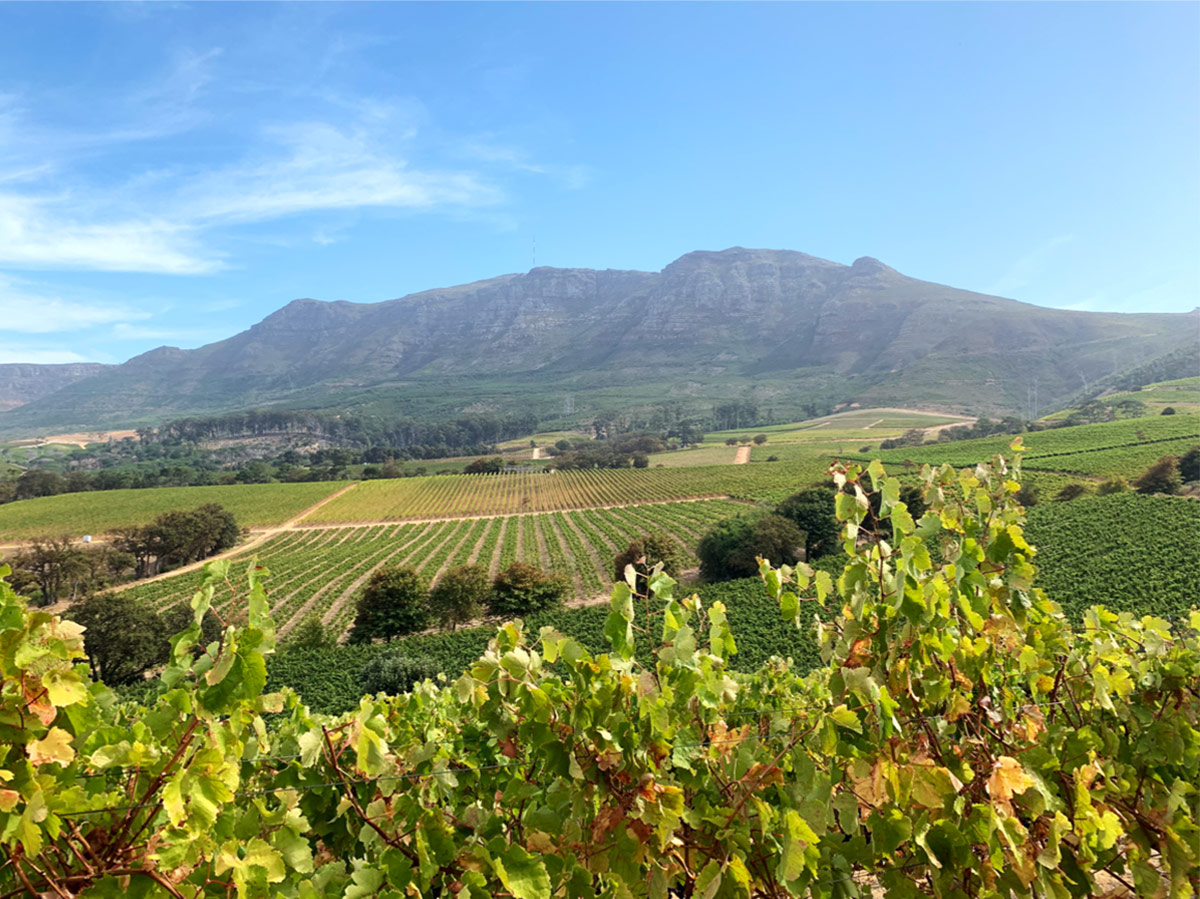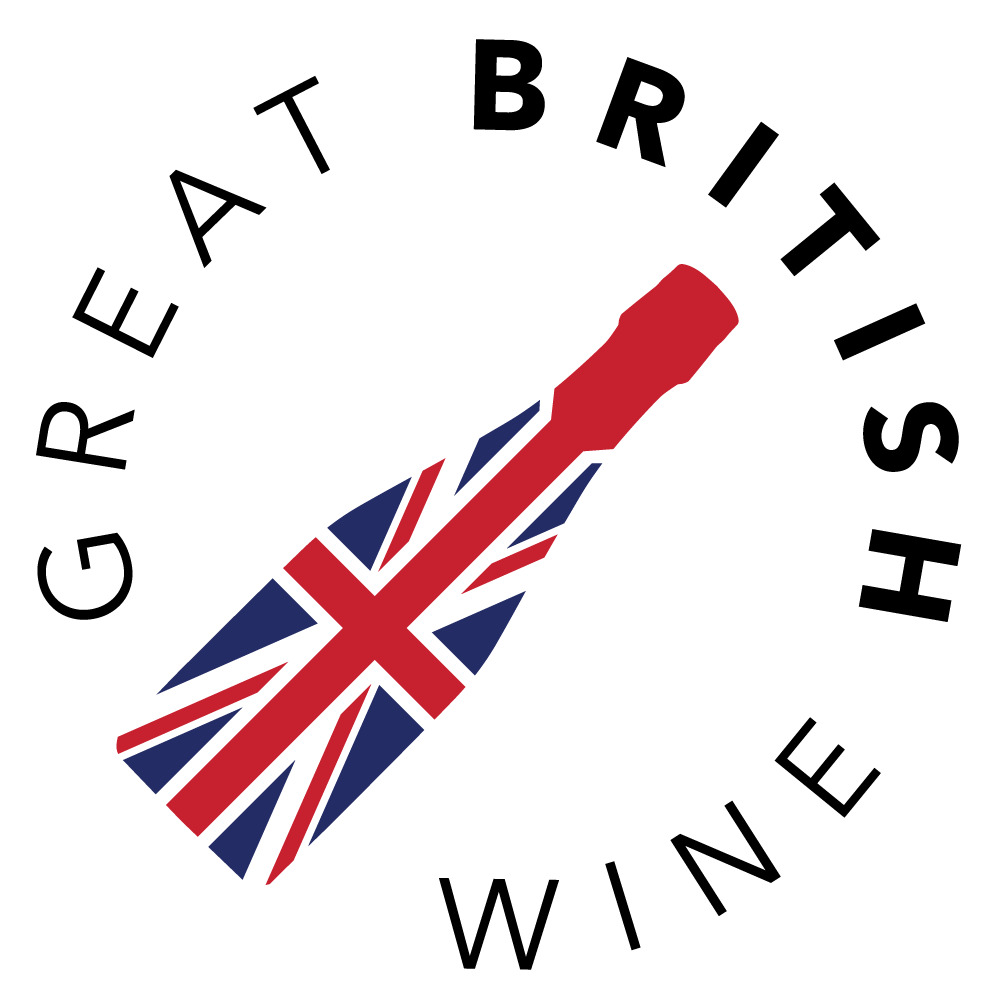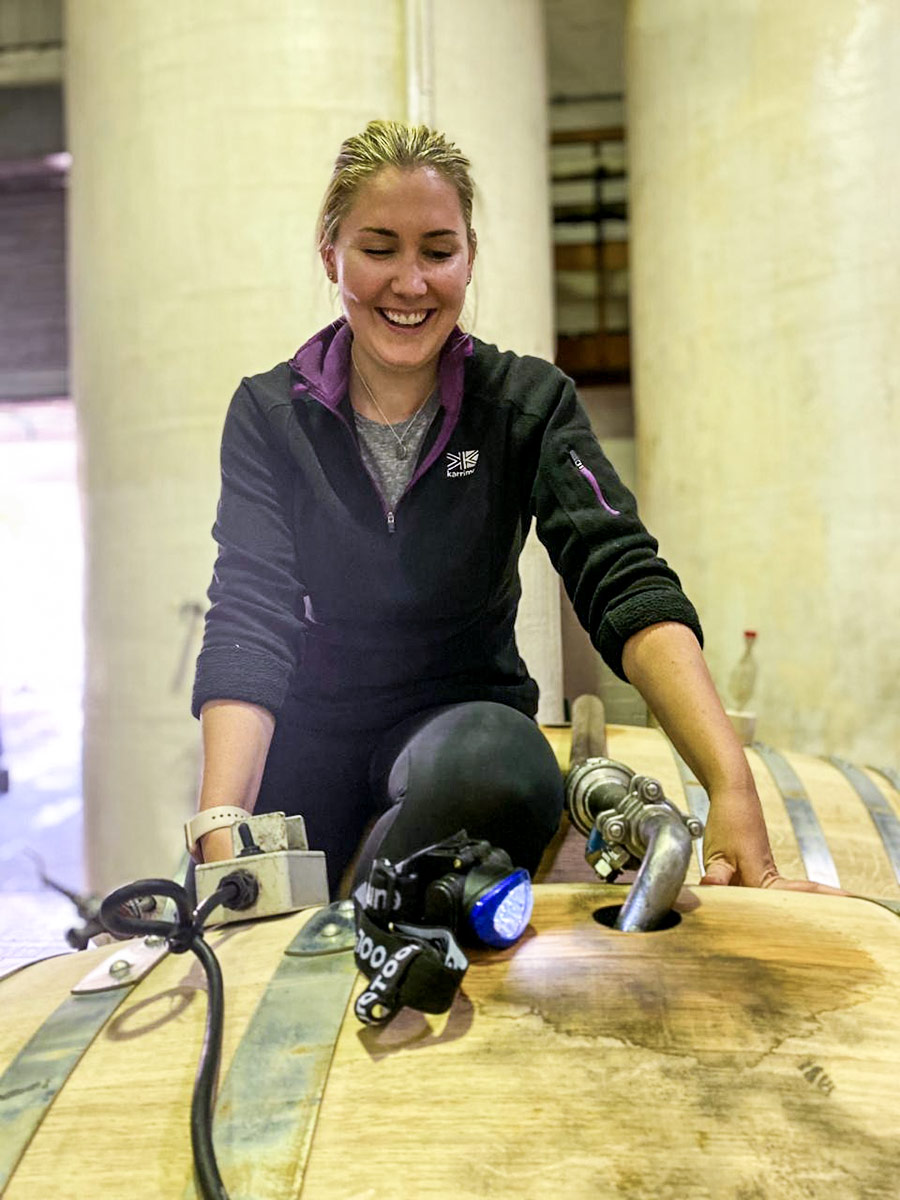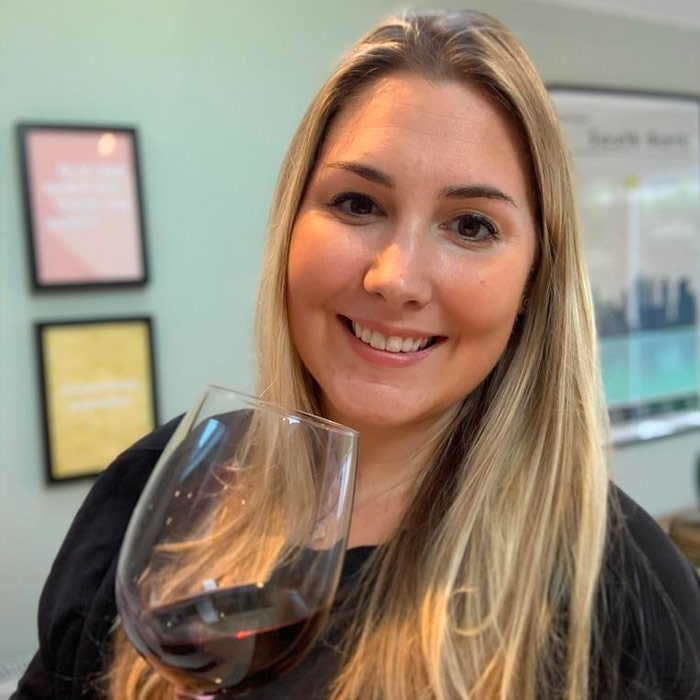Daydreaming of wine
You’re in a wine tasting. You’ve got caught in the moment. And now you’re daydreaming about leaving your job, growing Pinot Noir and spending your life drinking wine. Sound familiar?
As you can probably imagine, this has happened to me. Many times, actually. What has always fascinated me about wine is that it’s not just a drink. It’s more than that. It’s a story. It’s how the growers came to plant vines on a parcel of land, how the viticulturists decided to grow the grapes and how the winemaker decided to create the wine. In fact, wine encapsulates everything: History, Art, Science, Geography and Culture. And to make fantastic wine, all these things are carefully considered and beautifully balanced.
So as you can probably tell, I was, and still am, a little bit obsessed with wine. In parallel to these daydreams, I had been throwing myself into the WSET and Wine Scholar Guild qualifications for a couple of years, absorbing all the information I could. However, it wasn’t until a trip to the vineyards in Priorat, Spain, where it all just clicked. I was enjoying a beautiful tour at a wine estate called Perinet, walking through the vines and tasting wines directly from the barrel. And it was here where I learnt, more specifically, the winemaker’s role – and I was utterly inspired. After returning from Spain, I decided that I wanted to be a winemaker and started researching potential courses.
Picking Plumpton
Choosing Plumpton College was pretty easy. I wanted to study in the UK and be part of an incredibly refreshing and innovative time in the British Wine Industry. It also helped that Plumpton College campus is set in the beautiful Sussex countryside with fantastic facilities, a vineyard, winery, laboratories and a tasting room.
One of the courses that interested me was the MSc in Viticulture and Oenology, an 18-month programme. As I have a Microbiology undergraduate degree (from about 10 years ago), I could directly apply for the MSc without first doing the undergraduate course.
Dr Heber Rodrigues, a lecturer at Plumpton and MSc Viticulture & Oenology Programme Manager, shared his views on the course: “Our Masters of Viticulture and Oenology is unique in terms of the learning experience, and is scientifically designed to attend to the needs of both the Wine Industry and academia. As a sensory expert, for me, it’s a joy to share my knowledge on perception [and] to help the students to build their wine sensory knowledge.” Dr Heber Rodrigues holds a PhD in Sensory Sciences and Perception and is a Researcher in Wine, Culture and Perception.

Plumpton offers other course options, aside from the Masters, including undergraduate degrees, apprenticeships and part-time wine courses. They also have many success stories from their vast alumni. Elizabeth Mellish, a 2nd year Masters student, said, “Plumpton has connected me with some great people in the industry, and I’ve made friends for life. With the help of Plumpton, I now have a much more rounded view of winemaking and the science behind it. This was helped by carrying out practical work in the lab including: Malolactic Fermentation tests, residual sugar testing, measuring alcohol, bentonite trials and SO2 measurements.” This view was also echoed by another 2nd year Masters student, Hester Shepherd, who said, “I liked being able to volunteer in the winery and the broad range of people you get the opportunity to meet”.
I applied for the course as soon as I could and was very grateful to be accepted a few weeks later. After being accepted, it got me thinking. I wanted to make sure that I had practical winery experience, as I only had a handful of days’ experience picking grapes in Burgundy. Ultimately, I wanted to make sure that this was the correct route for me and that I would enjoy the practical elements before embarking on an MSc at Plumpton.
Flying out to South Africa
This led me to South Africa and the incredible two-month internship during the harvest at Groot Constantia, the oldest wine estate in South Africa. It was really liberating to leave my job in The City and move to Cape Town solo. Over the two months, I developed a serious love for Cape Town, a passion for midweek sunset hikes and an obsession with Méthode Cap Classique. The internship itself was incredible. It involved hard work, long hours, manual labour (not dissimilar from anything experienced by any winemaker), but the experience and knowledge I gained was unprecedented. I was out sampling in the vineyard most days, tasting the grapes for flavour and ripeness, and spent afternoons on punch-downs and pump-overs. I worked in the lab, running all the usual tests for TA, Brix and pH, and learning how to use pumps and presses.

For anyone seriously interested in wine, I recommend entirely getting some experience in a winery. It gives you a complete appreciation like none other of how much energy goes into a bottle of wine (and all the cleaning involved).
The course, in a nutshell
Nearly a year after my experience in South Africa, and as I write this, I’m just over six months into the full-time MSc in Viticulture and Oenology at Plumpton. We started our first term in September with a blend of online and in-person teaching, involving modules on grapevine physiology and still winemaking techniques. One of the most exciting projects we’ve had so far has been making our own orange wine in small groups. We were given some PIWI (fungus-resistant) Muscaris grapes which we hand-picked, crushed, pressed, chaptalized and then added yeast to kick off fermentation. We’ve also spent time working on our sensory skills, detecting sugar and salt levels in wine, performing lab analysis and taking measurements in the winery. The course is still mostly theoretical, as it’s a Science Masters, so the prior practical experience does come in handy.
The second semester has been more focussed on elevating the knowledge learnt during the first semester. We have just started modules on innovation, climate change, sparkling wines and research methods. In the absence of going into college due to COVID, we’ve also had many guest speakers from all over the world giving presentations in our virtual classes. Some of our assessments this year have focussed on English vineyards; it’s fantastic to study such a new and exciting industry. I’ve really loved getting a better understanding of the impacts of climate change and the sustainable processes in UK viticulture. So far, this Masters degree has really given me a good level of understanding of Wine Science.
My favourite thing about studying at Plumpton is that it is a really friendly and approachable college. All the staff make you feel welcome and part of a community. Our Masters course has 13 people, and I know my course mates, the lecturers and the teaching staff personally. I asked two of my course mates what they enjoyed about Plumpton: Rupert Lovie said, “I’m really enjoying the balance between academic/scientific research and practical instruction on the MSc course. It’s been an eye-opener and a steep learning curve, but it helps to have a great cohort to share the experience with. Plumpton is also a lovely part of the world to study, with vineyards and the South Downs on the doorstep.” Additionally, Tim Ferris said: “Plumpton College is a transformational experience more than a transactional experience – the Wine Department impart knowledge more just by you being part of it all.”
Ultimately though, for me, I’ve loved meeting like-minded students, some of whom are already working in the UK Wine Industry and some who already own vineyards.
What’s next?
Plumpton has given me the confidence and the network to embrace the UK Wine Industry and the right tools to understand how to make wine. Like many aspirational winemakers, I’ll need more vintages under my belt before I go it alone. Still, I’m excited to learn as much as possible, getting more experience in UK wineries and vineyards in the process. All being well, I hope to start my own projects later this year.
My longer-term goal is to own a small vineyard in the UK, subject to finances, obviously! Since returning from South Africa, I’ve also started my own wine tasting events business offering BYOW tasting evenings. I would love to combine these two things together and create fantastic wine experiences. But ultimately, I’d like to create a beautiful vineyard space for people to learn and appreciate wine.
I’m only six months into the course, and have learnt so much. It’s fantastic to have such a wonderful wine community pursuing similar goals. And having similar daydreams.




